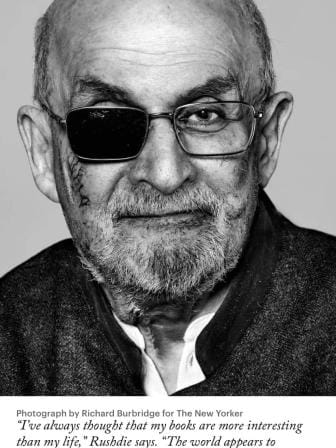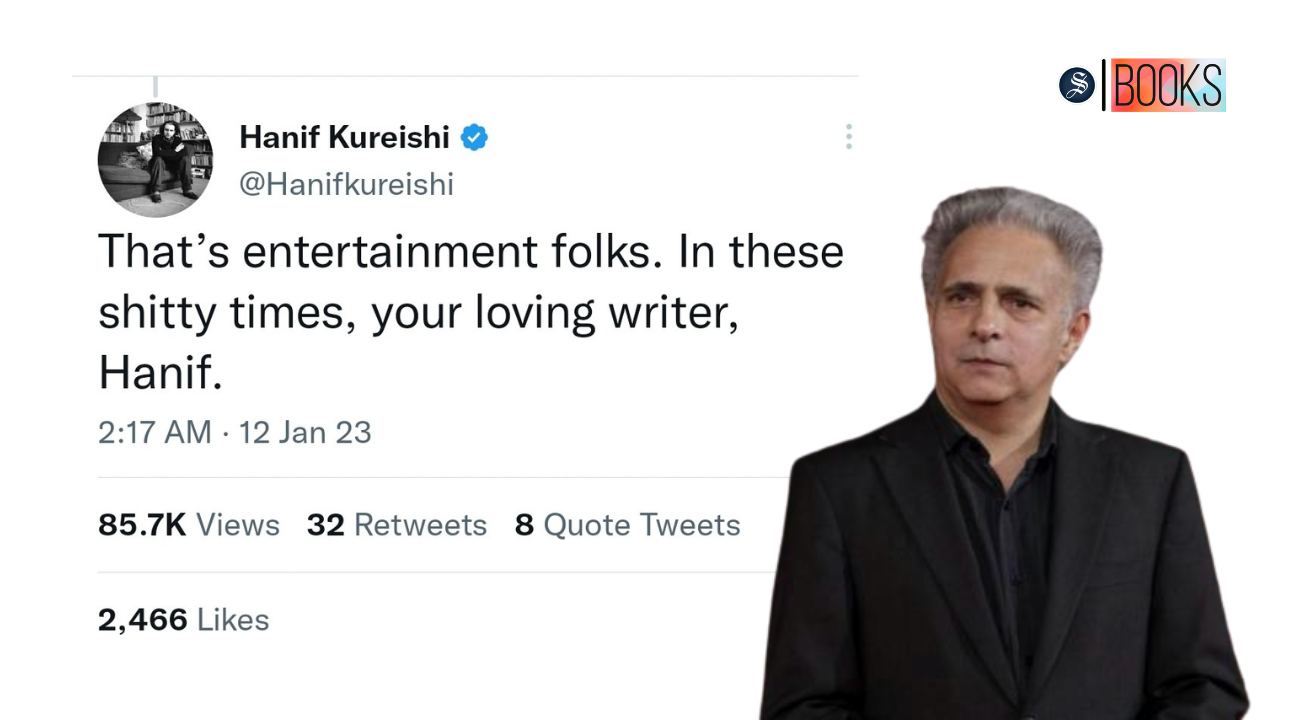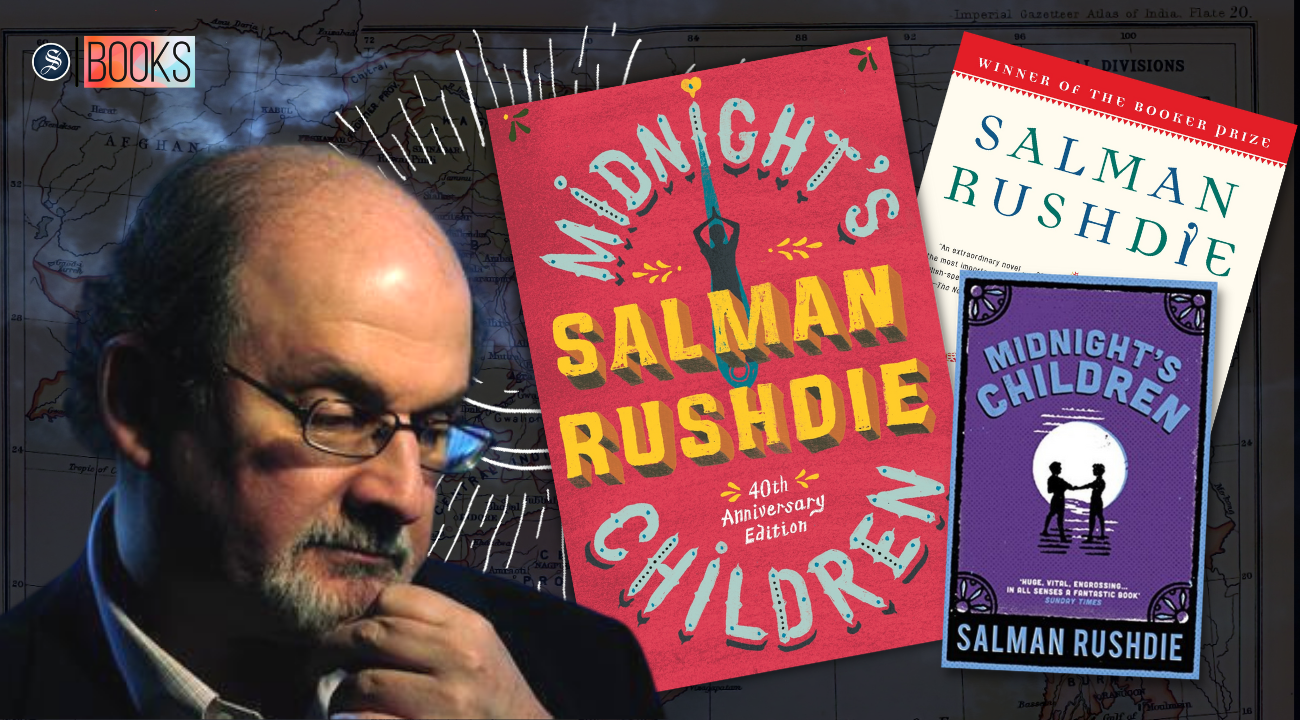'I sit down to write, and nothing happens': Salman Rushdie

A New Yorker feature by David Remnick, titled "The Defiance of Salman Rushdie", shares Salman Rushdie's first public photo since he was attacked last year. The article is also the first time Rushdie is sharing his thoughts since the incident.
Rushdie was stabbed on stage on August 12, 2022 at a public event in Chautauqua Institution near New York State. He had been invited to speak alongside his friend and football player, Henry Reese, who was also stabbed in the eye—both men attacked by 24-year-old Hadi Matar, who had read and taken offense at two pages of The Satanic Verses. In this most recent slew of violence directed at him since the novel brought him a fatwa, Rushdie lost sight in one eye and suffered injuries to his face, neck, left hand and abdomen.
"I've always thought that my books are more interesting than my life. The world appears to disagree", Rushdie tells David Remnick.
And so their conversation for the New Yorker traces Rushdie's early fascination with polytheistic oral storytelling traditions—he believed in all religious stories, the article shares, before he moved on to writing about South Asia's "muchness".
The interview reveals that Reese's quick action upon the attack had saved the writer's life.

"The attack left him blind in that eye, and he now usually reads with an iPad so that he can adjust the light and the size of the type. There is scar tissue on the right side of his face. He speaks as fluently as ever, but his lower lip droops on one side", Remnick describes, sharing that Rushdie seems hesitant to talk about the attack and the preceding fatwa.
Though he seems keen to dwell instead on literary updates, Rushdie shares that returning to writing has been difficult. "I sit down to write, and nothing happens. I write, but it's a combination of blankness and junk, stuff that I write and that I delete the next day. I'm not out of that forest yet, really", he tells Remnick.
Yet February 7 (tomorrow) will see the release of Salman Rushdie's 21st book.
Victory City, published by Random House, tells the story of nine-year-old Pampa Kampana, who witnesses her mother's death and, in turn, receives magical powers from a goddess. She discovers from the goddess that she will help raise a great city called Bisnaga, meaning "victory city". The 250 year story that follows becomes a mythical saga of South Asia, with women's agency at its centre. A review by The Guardian has called the novel yet another example of the author's "infectious sense of fun".
The book will not include a book tour by the author, though virtual events surrounding the novel, including the likes of Neil Gaiman and Margaret Atwood, are already underway.



 For all latest news, follow The Daily Star's Google News channel.
For all latest news, follow The Daily Star's Google News channel. 

Comments